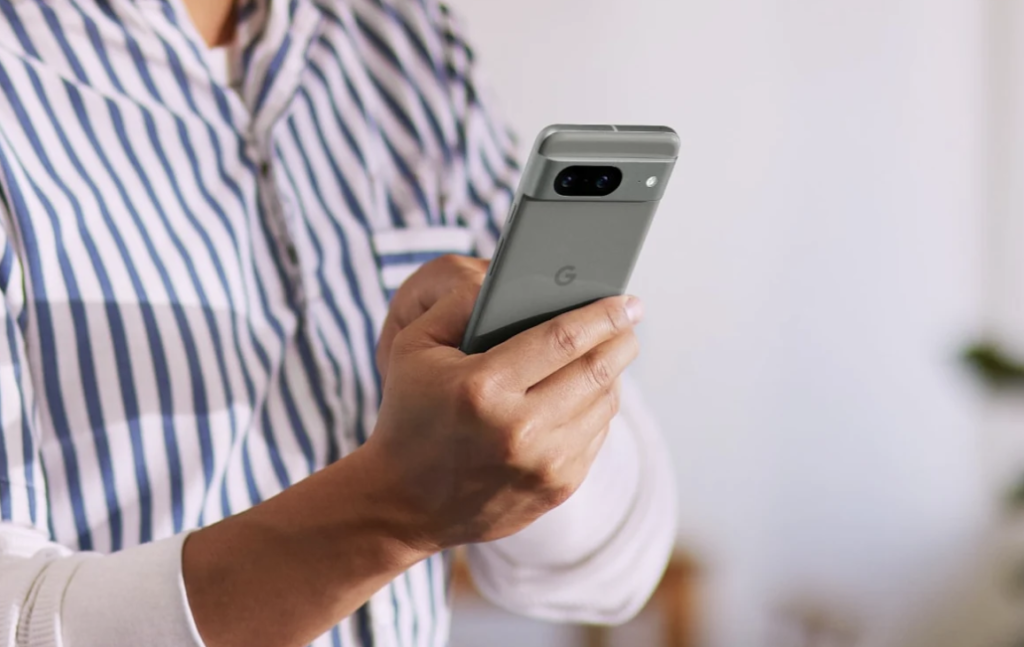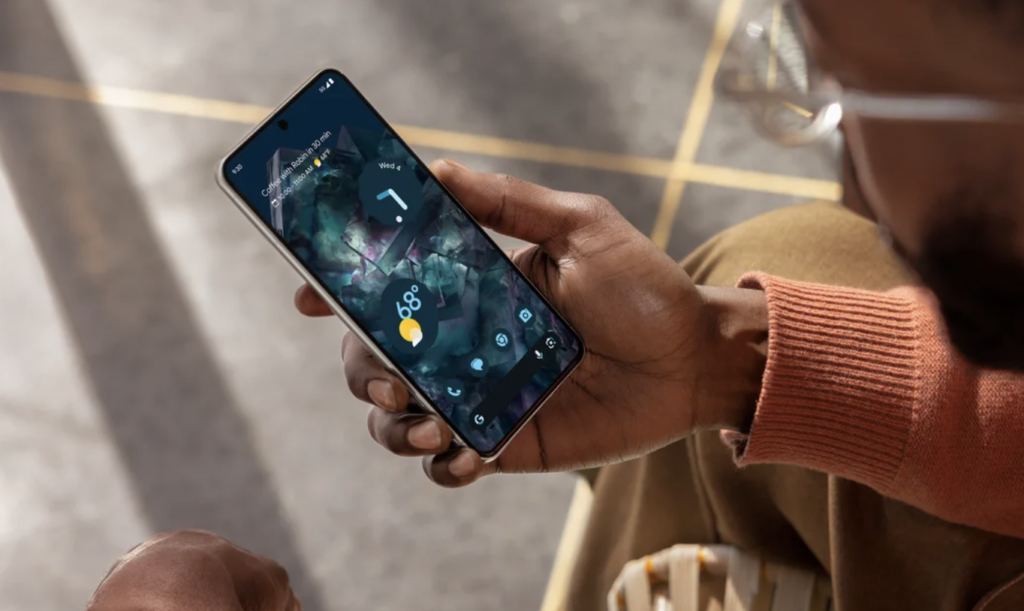While a lot of hype was made around the hardware inside Google’s newest Pixel 8 and 8 Pro, the company didn’t waste any time showcasing the latest AI-powered software features and apps that it’s included on its newest hardware. While some will be exclusive for the Pixel 8 Pro for a limited time (Google will trickle down updates for older phones in the future), there’s no doubt that Google’s efforts are focused towards better software and hardware integration, instead of sticking a powerful chip inside a phone and calling it a day.
So what are some of the upcoming AI features that you can expect on Google’s new Pixel phones? Let’s take a quick look.
AI on Standby

While many may deride the new Google Tensor G3 SoC as being behind Apple’s A17 Bionic Pro and the Snapdragon 8 Gen 2 in terms of performance, Google has focused on improving the chip’s AI capabilities to give users a much more convenient and helpful user experience. For one, the G3 is able to run AI features on the device itself, without the need to send data to the cloud – this makes AI features more faster and private.
Google has also developed the Tensor G3 with improvements in machine learning, allowing the chip to accelerate machine learning workloads – this means that AI features on the Pixel 8 Pro will be able to work faster and more accurately.
Smarter Content Creation

Given the Pixel phones’ popularity as camera phones, Google has also added a few new tricks thanks to its work with the Tensor G3 chip, such as generative AI capabilities for photography and videos. Building on the Magic Eraser function on previous Pixel phones, the Pixel 8 Pro will also feature Magic Editor, which uses AI to improve photos, such as relocating subjects, adjusting background with preset options, and filling in missing information with AI-generated imagery.
Another great example of these AI tricks is the Best Take feature, which takes the best-looking image of a subject in a photo, and automatically applies the selection to a subject’s face in the photo.
Google also announced a new feature with Video Boost, which lets users improve their video quality even in dark environments and less-than-ideal conditions, and Zoom Enhance which zooms in on photos while improving detail using AI (say goodbye to pixelated close-up shots). The Pixel 8 Pro will also be able to use Audio Magic Eraser, which lets users erase unwanted background noise from their videos.
Improvements to Communication

In addition to newer features, Google has also added new improvements to existing functions such as Call Screening, which screens your calls and transcripts them in real time, so you can see who’s calling and what they want before you answer, improved accuracy for Live Translate, and a new Summarize feature which can provide a bulleted list of important reading points when viewing written content online.
Pixel 8 Pro users will also be able to access an improved Google Assistant experience thanks to the addition of Google’s very own Bard, a large language model that can generate text, translate languages, write different kinds of creative content, and even answer questions in an informative way.
In addition to all of these, Google has promised a whopping seven years of software support for the Pixel 8 series, although whether or not the company can remain true to this promise remains to be seen. As we mentioned earlier, a lot of the new AI features will be available initially for Pixel 8 Pro users, although Google says that some will be made for previous Pixel models at a later date.




4 Comments
Pingback: Samsung Takes on Midrange Rivals with the New Galaxy S23 FE
Pingback: Check out Samsung’s New Affordable Galaxy Buds and Smart Tags!
Pingback: DXOMARK Ranks Google’s New Pixels at Top Spot for Display Quality
Pingback: A Massive Update just Arrived for the Pixel Watch